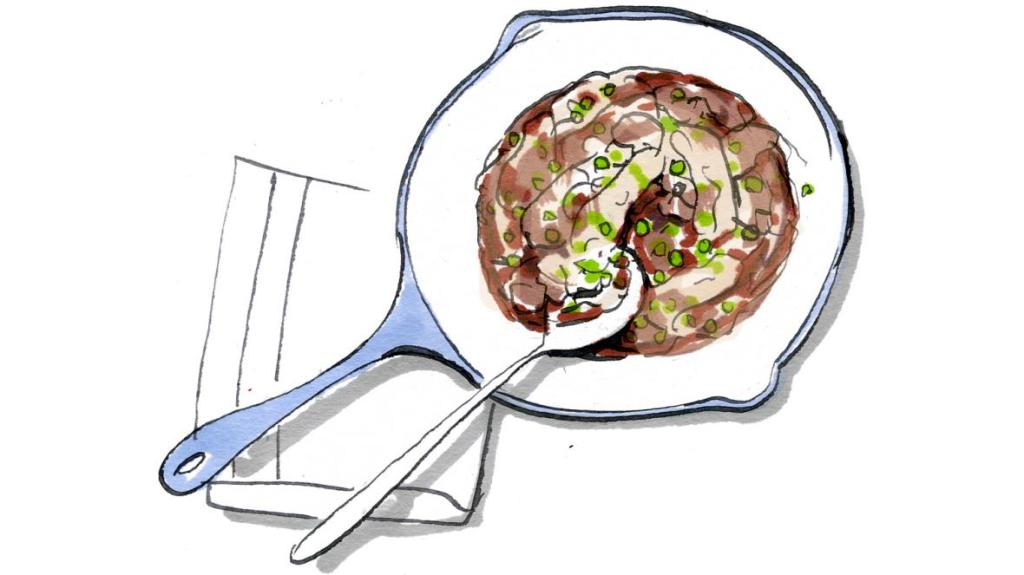I worked as non-fiction editor and columnist at Andrew Saavedra’s first magazine, Noble / Gas Qtrly. It shuttered in 2019, and I worried we wouldn’t see Saavedra’s delicious wordy pluck—as creator or editor—for some time. How could we lose a bloke who claimed his magazine was ‘like Argus Panoptes,’ with ‘many eyes that keep sure watch always over all submissions’?
I couldn’t. We kept in touch, and early this year he made a call for Fond, a journal ‘publish[ing] writing in world Englishes (!) and in translation—and artwork in other disciplines—whose principal interest, interpreted expansively, is food and its import.’
Do yourself a favour and read that ‘expansive interpretation.’ A pleasure.
Still, I was dubious. So many bad writers use food as false currency—use the sentiment inhering in foods, and meals, to inject what their own craft cannot summon elle-même. Yet I believed in Saavedra. I rooted around my own poems trying to find a fit submission—that’s how much I believed.
Then came news that Sarah Shields would create a custom illustration for each text. News! To have an illustrator of that talent on-the-job for every publication is a dream for a writer—I’m not aware of any other magazine south of the profit line that can afford such luxury. More concept for Fond, no doubt.
The first publication (the magazine puts out work piecemeal, to ‘generously engage with selected texts and objects’) is Connor Saparoff Ferguson’s “Coq au Vin.” Like Fond itself, the short story proffers a supercontemporary, risk-the-teawater plotline—well-bred couples at a penthouse dinner party.
It seems Ferguson is astute enough to recognize this gambit; maybe his style is simply up to task. Regardless, “Coq au Vin” opens inspiringly: elevators with voices ‘made of satin,’ ‘skeletal bundles of twigs in beetle-black urns,’ and that gauzy, scene-stealing declarative:
Aine waited before the ringing bell.
Grace notwithstanding, the yarn itself is a bit . . . decorous. I’m pleased but unmoved by the tidy and upright sentences—’The chrome flue disappearing into the ceiling was the only obstruction in the open plan’; ‘Jack sucked sharply on his [shrimp] until the last nub of meat came free.’ Yes, Ferguson may be crafting speakers he detests in a scene he lampoons—elegantly, sneering at elegance. If so, his pantomime is convincing. But “Coq au Vin” isn’t really more than a matter of pavanes. His narrator’s trouble with mixed metaphor (a top floor ‘roars with light,’ glasses contain a ‘gasp of whiskey,’ music ‘trickles out of invisible speakers’) may reveal the limits of this—this—Apollonian.
Puvis de Chavannes tires with all his still angels, after all.
What I celebrate about Ferguson in “Coq au Vin” is his competence as a writer. This may sound patronizing, but competence in contemporary literature can no longer be assumed; “Coq au Vin” goes in with a rote plot, but its point of interest—its ‘ferric tang’—shows study and a good sense of humor, and the whole story has a lovely, measured pace. That last sentence, so true to its own image-set, is redoubtable in its way.
Fond is trying in earnest to make eating a literary act.

